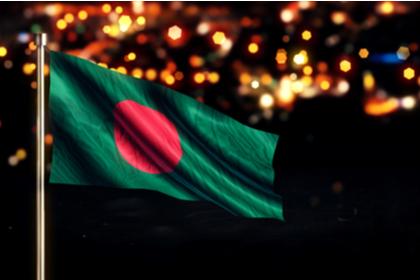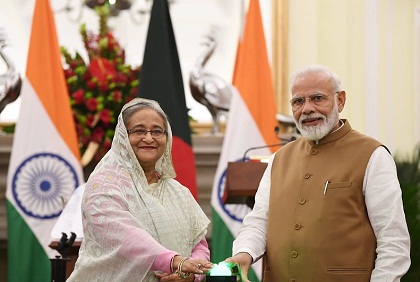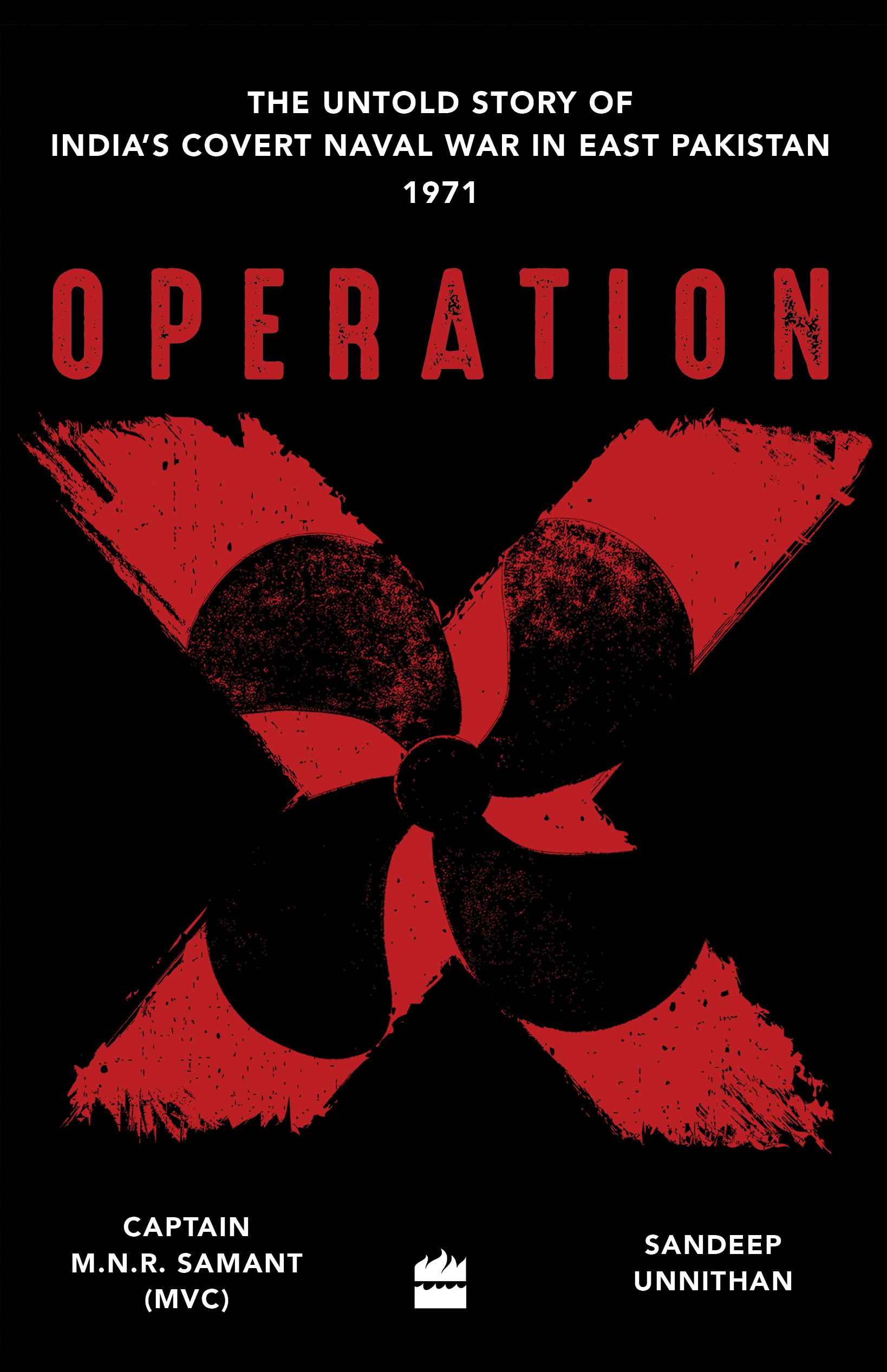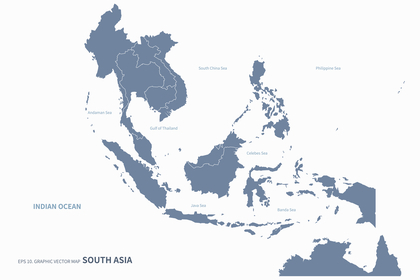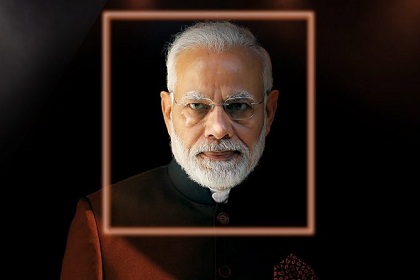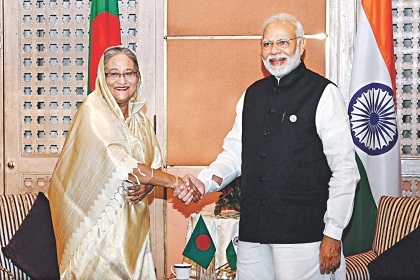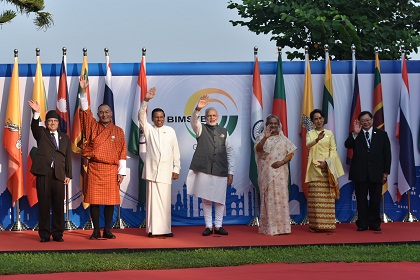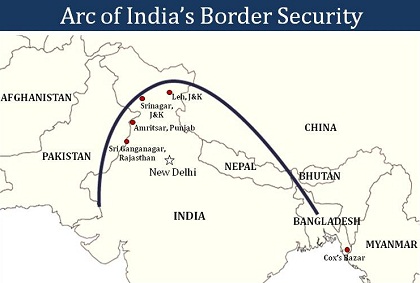Strengthening democracy in Bangladesh
Bangladesh fulfills an important stabilising role in South Asia. It has been able to perform this function in the last decade because of Prime Minister Sheikh Hasina’s efforts to fortify the domestic scenario by first cracking down on terror outfits – and their political fronts. The clean-up was necessary, but a robust Opposition and democratic institutions need to be nourished too

